Growing up in a culture where sex isn’t really talked about, is hard.
Between the awkwardness of having to buy essential sanitary products or condoms in person, and the overwhelming expectation to be fantastic in bed without ever having any guidance on any of it, sex continues to be an act we often associate with stress, shame, guilt, and even confusion.
And when a government bans porn and repeatedly uses sex-negative language that reinforces shame and stigma?

We are more likely to feel worse about our curiosities and sexual fantasies, no matter how safe or morally sound they might be.
So when does our interest in sex and porn actually become a problem?
How much porn is too much porn?
Is it a bad habit to want to watch porn before or right after sex?
Is it weird to hide your porn preferences or habits from your partners?
What qualifies as an addiction?

When peers, partners and mentors often fail to support our sexual curiosity, porn carries the burden of showing us how bodies move, how pleasure is felt and expressed, and so much more.
It’s no wonder then that so many of us turn to porn for our desires and our queries when our everyday lives are so crushingly devoid of people we can speak to candidly.
But the fear of watching ‘too much porn’ or being ‘a pervert’ also runs high when you’re repeatedly told that you must not have any thoughts or questions about sex to begin with.
So what is a porn addiction?
A porn addiction can then be defined as an urge or need to watch porn, even if it negatively impacts your perception of yourself or your connection towards other people and other activities in your life.
This could mean
- Feeling like you cannot go to bed or fall asleep without watching porn first
- Feeling disconnected from your sexual partners and needing porn to engage with your body sexually, while simultaneously wishing you could connect with your partners themselves
- Feeling guilt/shame soon after
It could even mean watching porn at inappropriate or risky times, like at your desk at work, or on your phone while you’re at the dinner table with other people.

Now, this isn’t the same as scrolling through NSFW content at work or in public settings because it gives you a thrill to take little risks. In the case of an addiction, you’re likely to feel compelled to engage in these behaviours, like there is no other choice, and the relief you may feel from watching porn may be temporary and might immediately be followed by guilt and shame or numbness.
And that’s where the difference between regular porn consumption and porn addiction lies. It’s not the amount of porn you watch, or the frequency, or even the type of porn you watch.
It’s in the pattern of seeking porn to find relief or escape.
- Watching something only to feel momentary relief
- Feeling ashamed, guilty or disconnected from your environment soon after
- Possibly feeling like you have to raise the stakes with what you watch or when and where you watch it next time.
This could mean
- Watching more graphic or violent content over time
- Watching porn in increasingly riskier environments
- Spending more money on porn subscriptions while simultaneously knowing that your porn expenses are shooting out of your budget.
A porn addiction does not make you a bad person or an irresponsible one.

While it may be incredibly distressing for you and also cause pain to your loved ones, it’s important to note that sexual addictions are often your body’s way of searching for reward signals from your brain.
They can be a behaviour you rely on to escape difficult thoughts or emotions, they can be a coping mechanism after traumatic experiences, and can even be influenced by your childhood traumas.
Growing up in overly censored environments or around strong religious communities also affects our relationship with sex, health and our bodies, and can leave you with complex, unresolved feelings of tension and distress in your body.
So how do you identify if you are living with a porn addiction?
It’s best to rely on a healthcare professional to guide you through that conversation. While opening
up to our loved ones can also be a great option, it may not always be easy to talk to them, especially if there is concern around addictions.

It’s also possible that your loved ones may not fully understand the nuances of living with a sexual addiction, as sex continues to be a subject of great mystery and misinformation in our culture.
But a trained professional might be able to ask the right questions and note your history with sex and porn in ways that separate the ways you currently feel about sex and porn, from the ways you wish to feel about sex and porn.






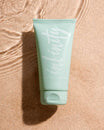







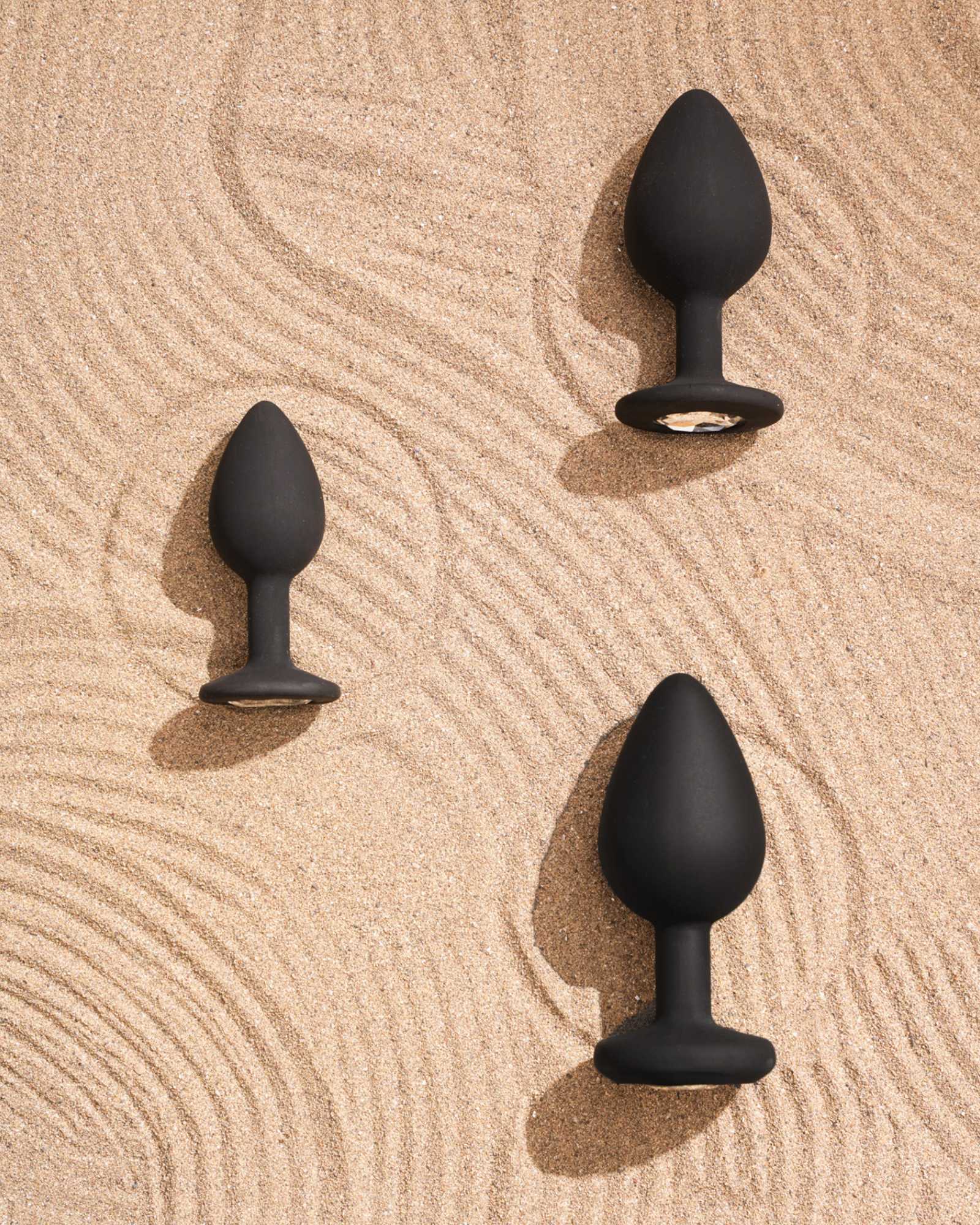
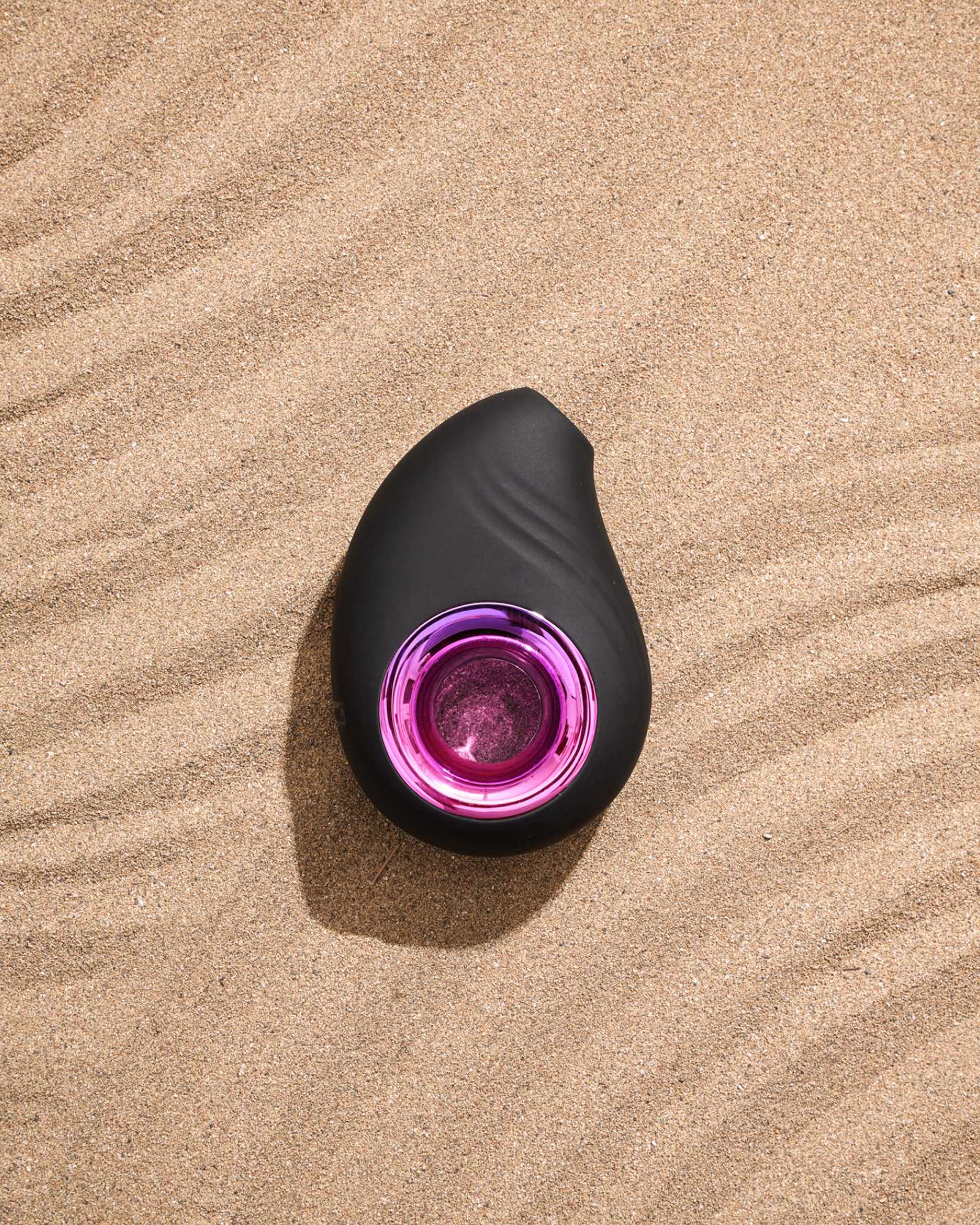
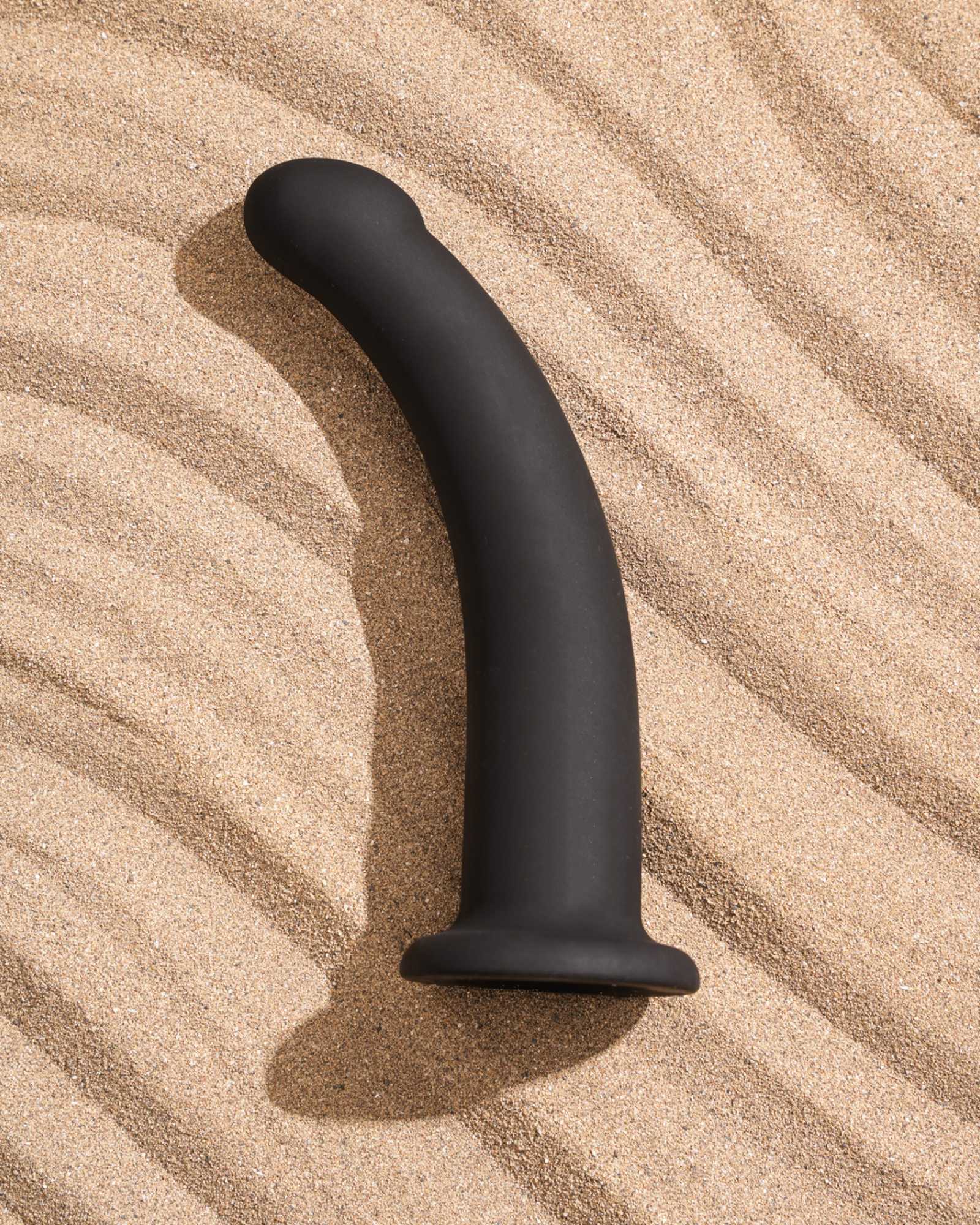
Leave a comment
This site is protected by hCaptcha and the hCaptcha Privacy Policy and Terms of Service apply.